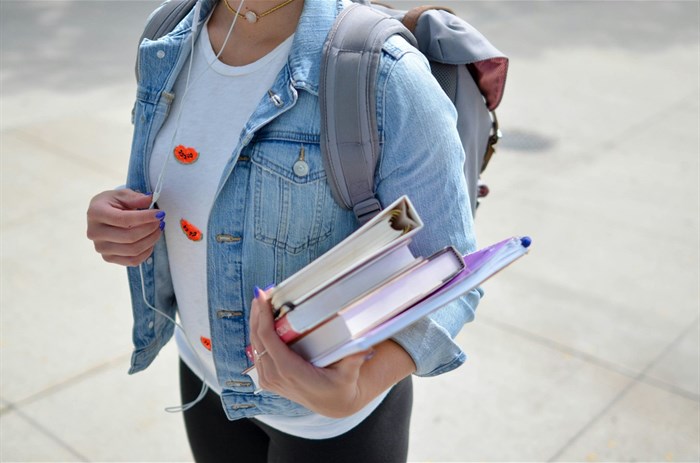In a bid to ensure a smooth start to the 2024 academic year, the National Student Financial Aid Scheme (NSFAS) will process up to R4.2bn as an upfront payment to all higher learning institutions, prior to the application and registration finalisation period.
Higher Education, Science and Innovation Minister, Dr Blade Nzimande, made the announcement during a media briefing in Pretoria on Tuesday on the department’s state of readiness for the opening of the 2024 Post School Education and Training (PSET) academic year.
“Out of its financial reserves, NSFAS will pay R1bn to TVET [Technical Vocational Education and Training] colleges and R3.2 billion to universities. In 2024, living allowance will be R16,500 for university students, [which includes] R3,045 personal care allowance and R13 455 meal allowance per year,” Nzimande said.
He also announced that the TVET living allowance will increase from R6,000 to R10,000 as part of continued efforts to bring parity between the university and TVET sectors.
In addition, the department has introduced the differentiated accommodation cap between metro and non-metro areas, which will see all institutions owned or leased, and private accommodation being capped at R50,000 in metro areas and R41,000 in other areas per academic year.
“Students living in institution-catered accommodation qualify for a maximum allowance capped at R66,500 in metros and R57,500 in all other areas per annum. Institutions in non-metro areas may request NSFAS to review the assigned accommodation cap in exceptional circumstances, and such request must be accompanied by a detailed motivation and supporting evidence for NSFAS consideration.
“Students who opt to make their own accommodation arrangements with immediate family or with relatives do not qualify for the accommodation allowance, [but] they qualify for a travel allowance determined by the institution, up to a maximum of R7 875 in 2024,” Nzimande explained.
He added that all university students qualify for a learning material allowance set at a maximum amount of R5 460 for students for the 2024 academic year.
“The learning material allowances must be used for the purchase of academic books and materials and/or a learning device, [and] only one allowance is provided per student per academic year. Allowances for students in distance education programmes are calculated based on the number of courses registered up to a maximum of R5,460.
“Distance university students studying an equivalent full-time course credit load qualify for the personal care allowance of R3,045 per academic year [and] this requires a student to be registered for a minimum of 120-course credits in one academic year. Allowances for students in distance education programmes are calculated based on the number of courses registered up to a maximum of R5,460,” Nzimande said.
Distance university students studying an equivalent full-time course credit load also qualify for personal care allowance of R3 045 per academic year, which requires a student to register a minimum of 120-course credits in one academic year.
TVET colleges own catered residence in metros is capped at R60,000 and in other areas is capped at R51,000, with students either qualifying for the travel allowance or the accommodation allowance.
Nzimande emphasised that TVET college students who are registered on an occupational qualification may qualify for allowances, only if “in simulated training, students registered on an occupational qualification that have an employment contract and are paid stipend do not qualify for NSFAS allowances”.
R20,000 allowance for students with disabilities
Students with disabilities qualify for living allowances including meals at R20,000 per academic year.
“They qualify for learning materials allowance of R6,000 per academic year for university students only. TVET college learning material allowance is included in the cost of tuition.
“Assistive devices allowance actual cost is limited to R50 000 as a once off allowance. These students also qualify for a repairs and maintenance of assistive devices to the value of 2,000 per academic year,” the Minister said.
Nzimande said students with disabilities do not automatically qualify for the allowance for assistive devices, or its repairs and maintenance, noting that the allowances are only granted if the student application for the allowances is approved, and “all conditions and criteria are met as set out in the policy standard”.





















































